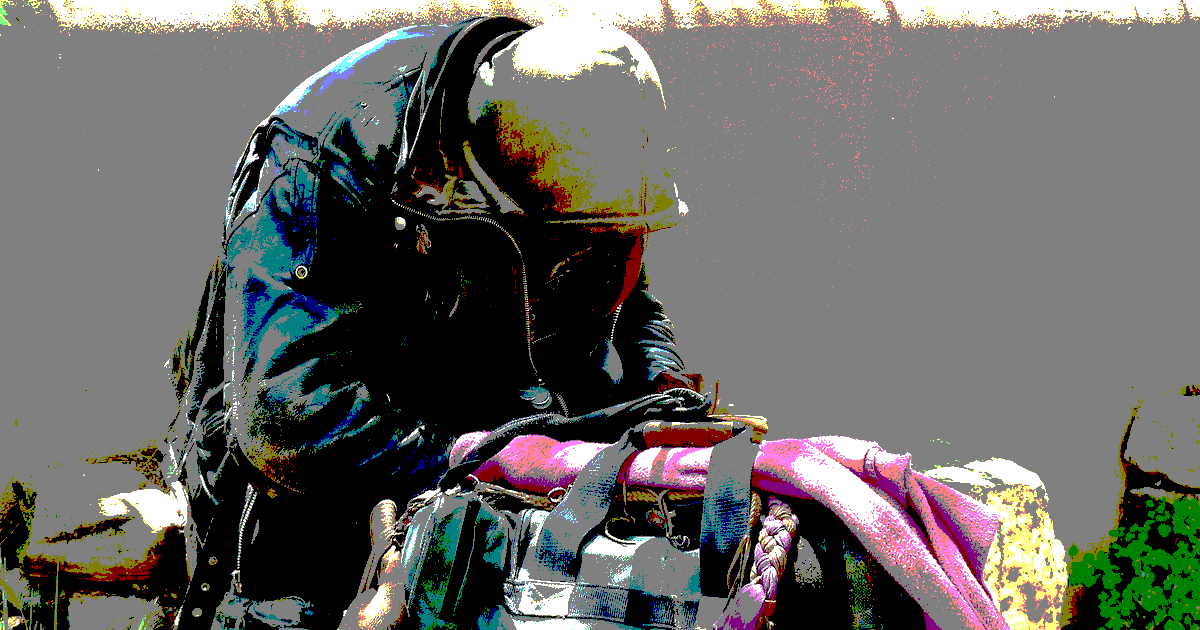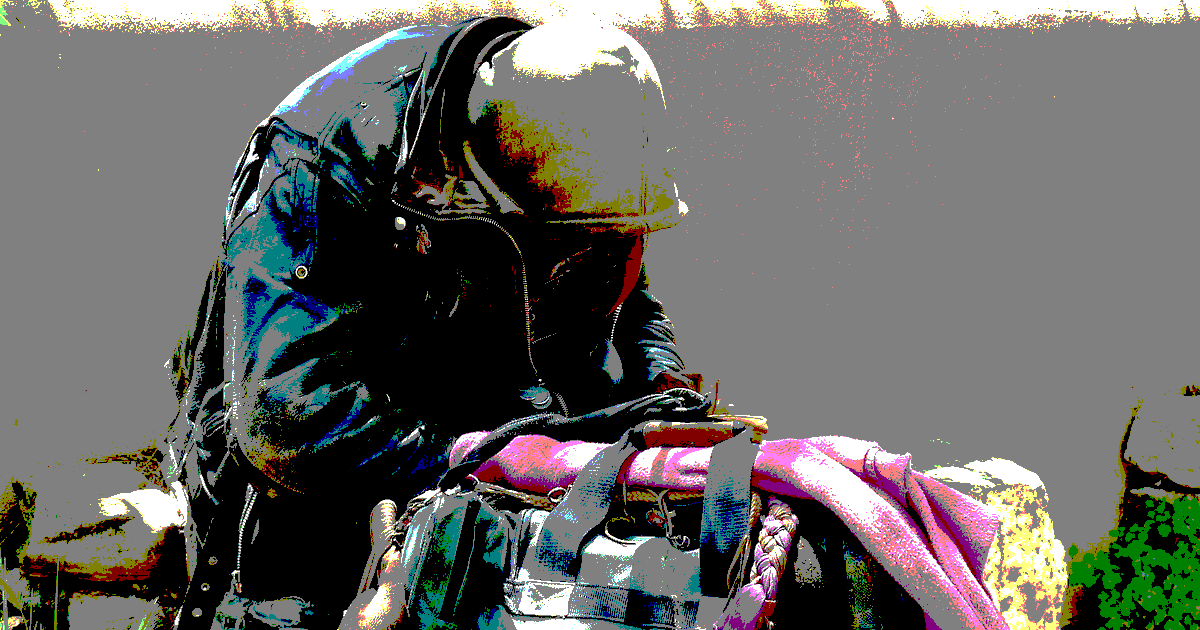The “Mystique” and the “Mystic”
One says mystique and the other says mystic.
How do we understand a Vincent who liked to use this motto: “Action is our entire task,” and then would add, “Perfection does not come from ecstasy but rather from doing the will of God.” (SV 11:41. 317).

Contemplative in action? Mystical apostle? Mystic of Charity?
The Visitor of the C.M. province of Ecuador, John Prager, has written
Vincentian spirituality has its roots in one man’s encounter with God. Any renewal requires some historical investigation into that encounter. We do not seek simply to retell the story of St. Vincent’s road to holiness. Rather, since God reveals himself in history, we look beyond the surface of the story to find the patterns of their interaction. In looking to the past, we became more aware of how the patterns occur today for us. We seek the meaning behind the events of Vincent’s life in order to enlighten our vision in this period of history. In other words, we hope « to see things as they are in God, not as they appear».
I have been fascinated by the article by Thomas F. McKenna, C.M., recently noted on famvin. Equally, I have been caught by Tomaž Mavrič’s gentle insistence over several years that Vincentians (religious and lay) must be mystics of charity.
It’s vacation time for students here on the Bolivian Altiplano, so I have had time to think. After going back and forth with by email with my predecessor at .famvin, John Freund, C.M., about why Fr. McKenna echoes Toscani, saying “mystique of the poor” and Fr. Mavrič says “mystic of charity,” here’s what I’ve come up with.
No doubt Mavrič is talking about us being true mystics — perceiving Christ in the person who is poor and being drawn into that Christ (yes, “into,” not “to”). McKenna’s point is that Vincent was drawn, attracted, even “fascinated” by what Giuseppe Toscani called a “mystique.” (La Mystique des Pauvres. Le charisme de la Charité : Saint-Paul Editions Religieuses, 1998). For me that’s a helpful distinction.
Our Church teaches us that “To some souls, however, even in the present life, God gives a very special grace by which they are enabled to feel His sensible presence; this is true mystical contemplation.” In some sense, Vincent can be called a “mystic” because he perceived Christ in the poor while being drawn to them (in which lies their “mystique”). He felt Christ’s sensible presence. Listen to what McKenna says, when he uses phrase “mystique of the poor” in context [bold/italic is mine]:
“So, when the fascinated Vincent asks Jesus to “give him the wealth that lets him do all these things,” he feels summoned along Jesus’ own path. As Vincent engages with the downtrodden, he senses being a part of that current of God’s out-flowing love to these men and women. It is this attraction to divine loving that informs Vincent’s intuitions about where to head in life, and how to make his choices.
Toscani uses the expression “mystique of the poor” to drive home the point. Vincent sees the Father, Jesus, the poor, and his own self all caught up together in God’s loving of humanity. He grasped the pure generosity that is sending the Word to the poor, the Sending to which Jesus gives flesh. The fuel for Vincent’s engine is provided by just this experience of God.”
So, the question for me is: does Vincent’s conversion stem from his relationship to the Father in Christ, or his relationship with the poor where he encountered Christ? I wrote to Fr. McKenna, and he had this to say.
… was his first deep “religious experience” of God in prayer — or of the poor in whom he encountered Christ?… It’s likely (to me) that the two are contemporaneous and necessarily intertwined from the beginning. It was a combination of Vincent’s being turned into the love of God because of his early spiritual direction by Berulle (Jesus, the Adorer of the Father) and his (approximately) simultaneous visiting of the sick poor in the Paris hospital that culminated in his conversion experience. This is where I’m following Hugh O’Donnell’s (C.M.) thought [in Hugh F. O’Donnell, C.M., “Vincent de Paul: His Life and Way,” Vincent de Paul and Louise de Marillac: The Classics of Western Spirituality, John E. Rybolt and Frances Ryan, eds. (New York: Paulist Press, 1995), 13-38.].
So it may be that it is Christ in the poor person that is this attraction, but the missionary must be disposed and ready to meet Him. It is this revolutionary theological perspective that Luigi Mezzadri identifies in the introduction to Toscani’s book: “Dieu n’est pas “refuge” mais “appel” (“God is not a “refuge” but a “call.”). No wonder Fr. Mavrič, of all the things he could have emphasized to the priests and brothers of the Mission in his final homily of the C.M. recent General Assembly, was prayer!
The “mystique” of the poor is actually the moving love of God poured out in Christ who now dwells in the poor. To be drawn by it is a grace for which we must pray. We can perceive Christ if every member of the Vincentian Family struggles to be a mystic as much as she or he struggles to be a hard-working apostle.
Perhaps the greatest thing we could allow to happen for our 400th anniversary is to allow the “mystique of the poor” to draw us closer to Christ in the poor, and help us emerge as mystical apostles or mystics of charity. We would say #IamVincent because we say #IamaMystic.
P.S. I know there are a lot of hyperlinks and one book reference in this one. You should read them all.







0 Comments